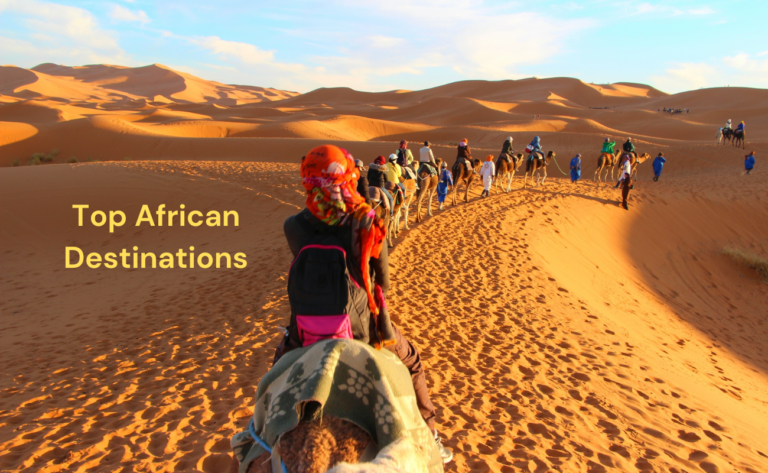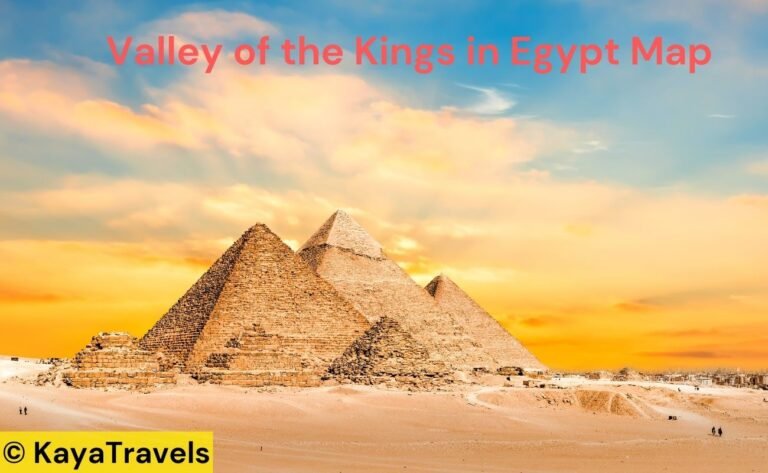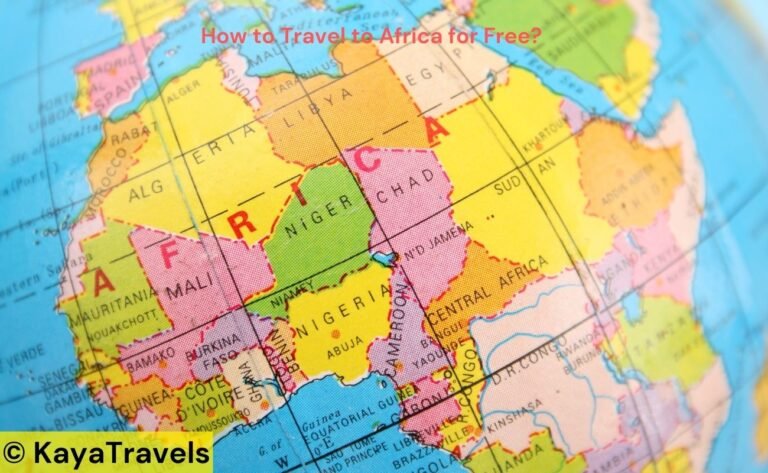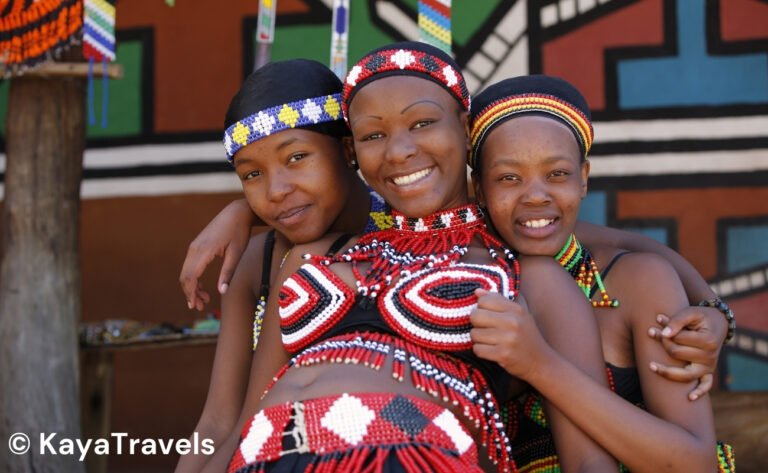Africa is becoming an increasingly popular destination for those looking to invest in land. With its diverse landscapes and growing economies, the continent offers abundant opportunities for individual and corporate investors in the real estate market.
Identifying the best places to buy land in Africa depends on your objectives, whether for agriculture, commercial development, or personal residence.
Botswana, for example, boasts expansive farmland that is ideal for agricultural pursuits without the need for heavy reliance on modern infrastructure.
In contrast, urban areas across the continent are experiencing growth, providing fertile ground for real estate investments aimed at housing and commercial development. With the urban population in Africa predicted to increase significantly, this growth translates into a potential for high return on investments in real estate.
Before embarking on this investment journey, consider the unique factors of buying African land. These include understanding local land acquisition laws, which vary by country, recognizing the importance of engaging local experts and respecting community rights and cultural practices.
For foreign investors, it is critical to navigate the intricacies of the local real estate markets to make an informed and advantageous investment.
Factors to Consider When Buying Land in Africa
Before you embark on the journey to acquire land in Africa, it is crucial to understand certain factors that can influence your purchase. These considerations are pivotal in making an informed and sound investment.
Regulatory and Land Ownership Policies
Understanding the regulatory framework governing land ownership is essential. It varies significantly from country to country in Africa. Some nations have laws allowing foreigners to own land outright, while others only offer leasehold arrangements. For example, lease prices in Africa can be as affordable as $0.75 per acre for up to 99 years, reflecting the diverse land acquisition policies.
Infrastructure and Amenities
Checklist for Infrastructure and Amenities:
- Accessibility to roads, water supply, and electricity
- Proximity to urban centres or essential services like hospitals
The presence of infrastructure is a significant determinant of land value. Proper roads, reliable access to water, and other utilities are essential for residential and commercial land use.
Economic Stability and Growth Prospects
Economic factors such as political stability, population growth, and housing deficit directly impact land investment viability. Look at the country’s economic trends, including its growth prospects. Stable economies with growing populations often indicate a demand for housing and an upward trend in land value.
Investing in land in Africa can present significant opportunities; however, due diligence is necessary. Examine these factors closely to make a decision that aligns with your investment goals.
Promising Locations for Land Acquisition
Africa’s diverse landscapes and fast-growing economies make it a land of opportunity for savvy investors. With urbanization expanding and natural resources aplenty, various regions stand out as prime locations for land acquisition.
West African Gems: Ghana and Nigeria
Ghana is known for its political stability and expanding economy, offering attractive land deals, particularly in and around Accra. The bustling cityscape and thriving urbanization make it an investor-friendly spot. Nigeria, one of Africa’s largest economies, has a fast-paced property market, particularly in Lagos and Abuja, urging foreign buyers to look closer.
East African Hotspots: Kenya and Tanzania
With Nairobi as a beacon of growth in Kenya, the balance of urban development and abundant natural resources beckons investors. Tanzania, known for its serene landscape and agricultural potential, offers lucrative land deals in emerging regions like Dodoma and coastal areas such as Dar es Salaam.
North African Opportunities: Morocco and Tunisia
Morocco boasts a unique blend of cultural richness and economic progress, with areas like Casablanca leading in attracting foreign investment.
Meanwhile, Tunisia is setting the stage for sustainable development and investment, focusing on sectors like tourism and agriculture.
Southern African Development Hubs: Namibia and South Africa
In Namibia, the allure of vast open spaces and economic potential in cities like Windhoek are increasingly appealing to those looking for investment opportunities.
South Africa provides diverse options, from the developed real estate market of Cape Town to the growing cities like Johannesburg, which make it an attractive destination for land acquisition.






